News
-
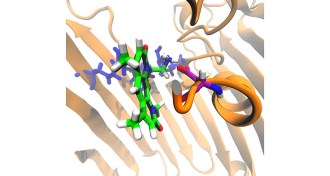 Health & Medicine
Health & MedicineNew rules for cellular entry may aid antibiotic development
A new study lays out several rules to successfully enter gram-negative bacteria, which could lead to the development of sorely needed antibiotics.
-
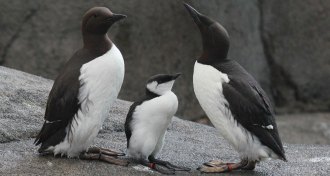 Animals
AnimalsSeabirds use preening to decide how to divvy up parenting duties
Seabirds in poor condition may communicate this information to their partner by delaying or withholding preening.
-
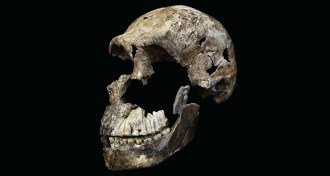 Anthropology
AnthropologyHomo naledi may have lived at around same time as early humans
South African species Homo naledi is much younger than previously thought.
By Bruce Bower -
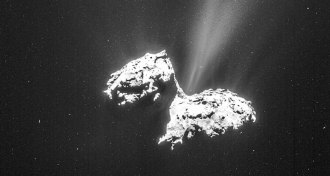 Planetary Science
Planetary ScienceOxygen on comet 67P might not be ancient after all
Molecular oxygen detected around comet 67P may not be a relic of the solar system’s birth. Instead, it may be generated by interactions of water, the solar wind and the comet’s surface.
-
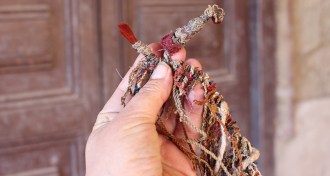 Archaeology
ArchaeologyTwisted textile cords may contain clues to Inca messages
A writing system from the 1700s may illuminate even older knotty Inca messages.
By Bruce Bower -
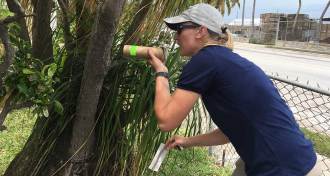 Animals
AnimalsIn Florida, they’re fighting mosquitoes by meddling with their sex lives
As an alternative to genetically modified mosquitoes, Florida skeeter police are testing one of two strategies that use bacteria to meddle with insect sex lives.
By Susan Milius -
 Planetary Science
Planetary ScienceMars may not have been born alongside the other rocky planets
Mars formed farther away from the sun than its present-day orbit, not near the other terrestrial planets, new research suggests.
-
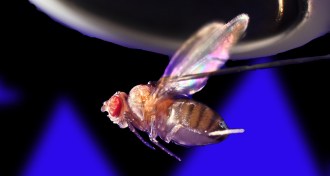 Neuroscience
NeuroscienceInternal compass guides fruit fly navigation
Experiments show how flies navigate — and why this might be important for humans.
By Laura Beil -
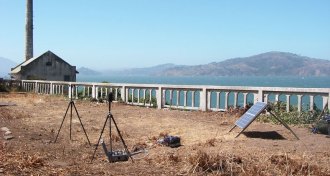 Environment
EnvironmentPeace and quiet is becoming more elusive in U.S. wild areas
Human noise stretches into the wilderness.
-
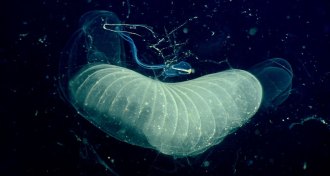 Animals
AnimalsSea creatures’ sticky ‘mucus houses’ catch ocean carbon really fast
A new deepwater laser tool measures the carbon-filtering power of snot nets created by little-known sea animals called giant larvaceans.
By Susan Milius -
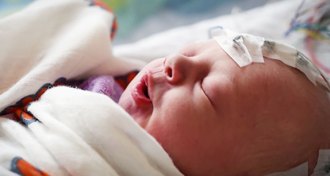 Neuroscience
NeuroscienceA baby’s pain registers in the brain
EEG recordings can help indicate whether a newborn baby is in pain, a preliminary study suggests.
-
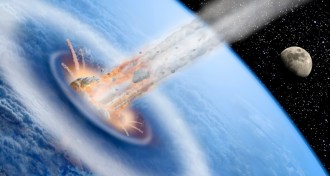 Planetary Science
Planetary ScienceHere’s how an asteroid impact would kill you
Most deaths caused by an asteroid impact would result from shock waves and winds generated from the blast, rather than effects such as earthquakes and tsunamis, new simulations show.